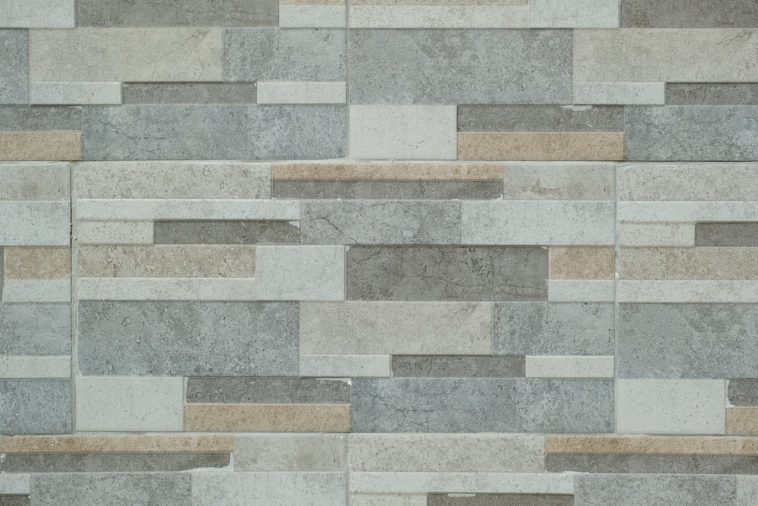Introduction.
Starting a tiles business in Nigeria is a solid opportunity for anyone looking to invest in the construction industry.
With urban areas expanding, housing projects on the rise, and a growing number of people building or renovating homes, the demand for high-quality tiles is constantly increasing.
For those who are entrepreneurial and willing to put in the work, the tiles industry can be quite profitable.
But before you dive in, there are a few key things to understand about starting and running this type of business in Nigeria.
This guide will walk you through everything you need to know—from sourcing quality tiles and understanding the market, to handling logistics and standing out from competitors.
I’ll also cover the pros and cons to help you decide if this business aligns with your goals, and I’ll answer common questions to make the process as clear as possible.
Why a Tiles Business?
Tiles are essential in modern construction, as they add both functionality and aesthetic appeal to floors and walls in homes, offices, and public buildings. In Nigeria, tile demand is on the rise for several reasons:
- Construction Boom: With more residential and commercial buildings being constructed, there’s a strong need for durable, beautiful flooring and wall materials.
- Growing Middle Class: As more Nigerians enter the middle class, they are increasingly investing in high-quality home improvements, including stylish and long-lasting tiles.
- Preference for Imported Goods: Many Nigerians prefer imported tiles because of their quality and unique designs, which makes this a great market if you’re considering importing or distributing high-end foreign tiles.
In short, there’s demand, and this business has the potential to generate steady revenue if approached strategically.
How Do I Start a Tiles Business In Nigeria?
1. Market Research and Business Planning.
The first step is understanding who your customers are and what they want. Most tile businesses target homeowners, builders, contractors, and interior designers.
Knowing the latest design trends (e.g., ceramic, porcelain, marble, or mosaic tiles) can help you stock the right products.
A well-thought-out business plan that covers your goals, target market, and budget will help you stay focused.
2. Choose Your Niche and Target Audience.
Tiles come in various types, so deciding on a niche can set you apart from competitors. For example, you might focus on luxury marble tiles for high-end homes or affordable ceramic tiles for budget-conscious homeowners. Also, think about the market gap—are there tile designs that are hard to find locally?
3. Sourcing Quality Tiles.
Tiles can be sourced locally or imported. Many Nigerian tile businesses import tiles from China, Spain, and Italy, where quality standards are often high.
But importing comes with added costs (shipping, customs, etc.), so be sure to include this in your budget.
On the other hand, sourcing from local manufacturers can be cheaper, and there’s an added appeal to “Made in Nigeria” products.
4. Setting Up Your Storefront.
Your storefront, whether physical or online, should showcase your products effectively. If possible, rent a location in a high-traffic area or near building material markets, where contractors and potential customers often go. Setting up an online store or social media presence is also important to reach a broader audience.
5. Handling Logistics and Inventory.
Tiles are heavy and can be fragile, so handling logistics properly is crucial. Consider partnering with reliable logistics companies or purchasing a small truck for local deliveries.
For inventory, it’s smart to start with a variety of styles and sizes to cater to different preferences, then refine your stock as you understand what sells best.
6. Marketing Your Business.
Use both online and offline marketing strategies. Social media is key—many Nigerians use Instagram and Facebook to find home improvement services.
Word of mouth is also effective, especially if you offer good service.
Networking with local builders, architects, and real estate developers can also bring in clients who may need bulk orders.
Pros and Cons of Starting a Tile Business in Nigeria
Starting any business comes with both benefits and challenges. Here’s what to keep in mind for a tiles business.
Pros
- High Demand: With a steady construction market, tiles are always in demand.
- Profit Margins: Tile sales can be profitable, especially if you source directly from manufacturers or wholesale suppliers.
- Repeat Customers: Once established, you might get regular orders from contractors, designers, and other professionals in the industry.
Cons
- High Startup Costs: Importing tiles, renting space, and handling logistics can be capital-intensive.
- Inventory Management: Keeping a wide range of tiles can require a lot of space, and tiles that don’t sell can tie up funds.
- Fragile Inventory: Tiles are prone to breakage during shipping and handling, which can add to your costs if you aren’t careful.
FAQs
Q: How much capital is required to start a tiles business in Nigeria?
The capital needed can vary widely. On average, starting small with a storefront and some inventory may require ₦1 million – ₦5 million. If you plan to import, set aside additional funds for shipping, import duties, and warehousing.
Q: Do I need any special licenses to import tiles into Nigeria?
Yes, you’ll need an import license, which can be obtained from the Nigeria Customs Service. It’s also helpful to register with the Nigerian Export Promotion Council if you plan on selling locally manufactured tiles overseas in the future.
Q: Should I sell tiles exclusively, or can I add other construction materials?
While specializing in tiles can make you an expert in this niche, some people find success adding other products like adhesives, grout, and tile installation tools. This can create a one-stop-shop experience for your customers.
Q: Is it better to have a physical store or an online presence?
Both can work, but having a physical store in a high-traffic area may attract more walk-in customers, especially contractors. An online presence, however, expands your reach and lets people browse from home, so a mix of both is ideal.
Q: How can I ensure the quality of my tiles?
Work only with reputable manufacturers or suppliers. If importing, ask for samples before committing to large orders, and consider visiting supplier factories when possible. Always inspect shipments upon arrival to make sure they meet your quality standards.
Conclusion.
Starting a tiles business in Nigeria has promising potential, especially for those who are committed to building good relationships with suppliers, managing inventory carefully, and offering excellent customer service.
The construction industry isn’t slowing down anytime soon, so if you can carve out a niche, keep up with trends, and provide quality products, this business can be highly rewarding.
What do you think? Is the tiles business the opportunity you’ve been waiting for, or are there other ventures you’re considering? Let’s talk about it!





GIPHY App Key not set. Please check settings